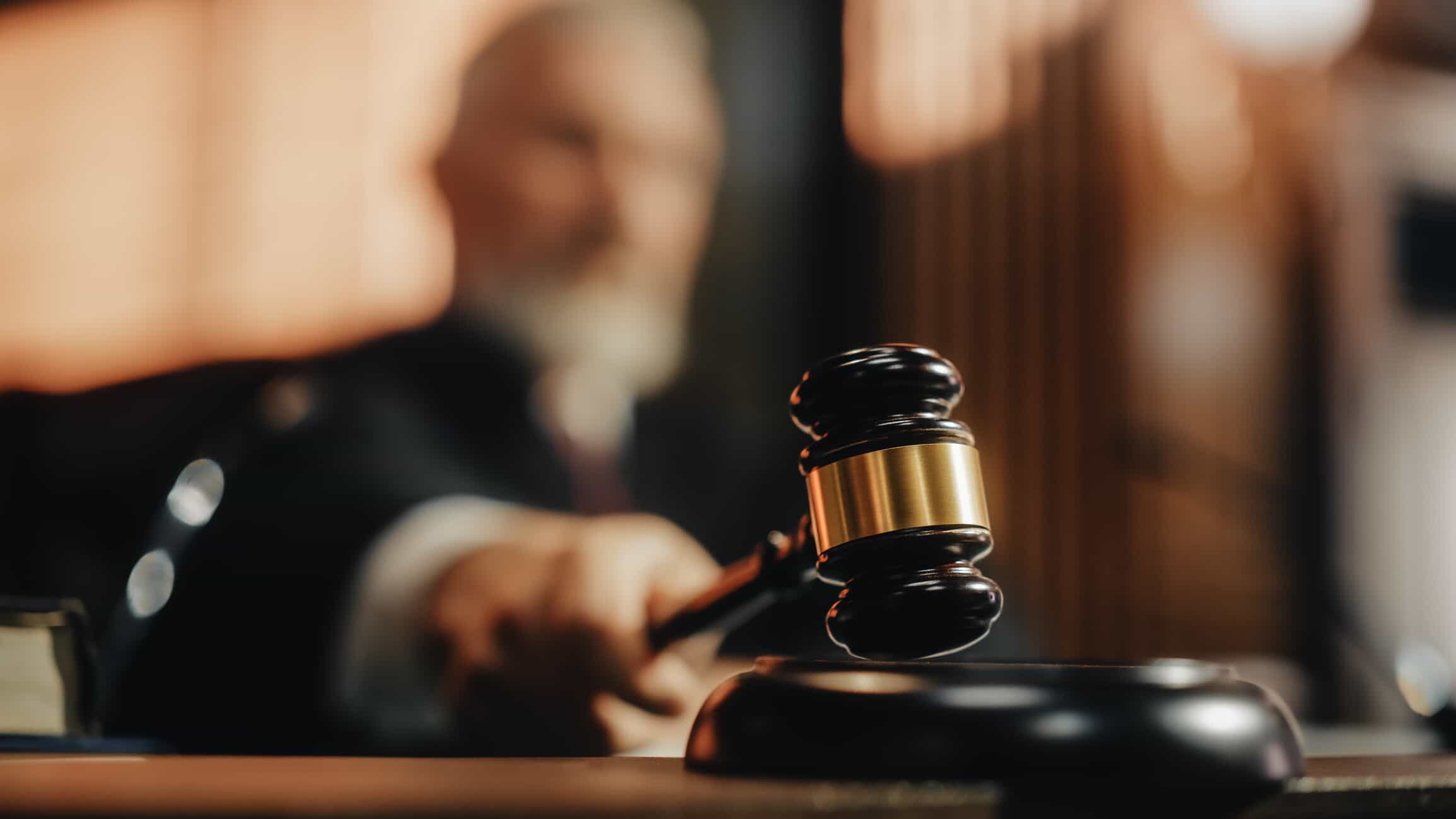 If you are facing criminal charges, the thought of entering the prison system can be overwhelming. Criminal defense lawyers play a crucial role in this process. They provide legal representation, protect your rights, and work towards achieving the best possible outcome for your case. Here’s how they can help you if you are facing the prison system.
If you are facing criminal charges, the thought of entering the prison system can be overwhelming. Criminal defense lawyers play a crucial role in this process. They provide legal representation, protect your rights, and work towards achieving the best possible outcome for your case. Here’s how they can help you if you are facing the prison system.
The Structure of the Texas Prison System
Texas operates a vast prison system that includes state prisons, state jails, and private correctional facilities. The Texas Department of Criminal Justice (TDCJ) oversees these institutions. State prisons house those convicted of felonies and serving longer sentences, while state jails are for individuals convicted of less severe offenses, typically serving shorter sentences.
Admission and Classification
When you are sentenced to prison in Texas, the process starts with admission and classification. You will be assessed at a diagnostic unit where officials will determine the appropriate facility based on factors like the nature of your offense, criminal history, and personal needs. This classification impacts everything from your security level to the programs available to you.
Life Inside Texas Prisons
Life inside a Texas prison is strictly regulated. The daily routine includes mandatory work assignments, educational programs, and limited recreation. The environment can be challenging, with strict rules governing behavior, communication, and movement. Understanding these rules is vital to avoid additional penalties or complications during your incarceration.
Austin’s Prisons and Jails
Austin has several correctional facilities to house inmates at various stages of the criminal justice process. The Travis County Jail, located in Austin, handles local offenders and those awaiting trial. The Travis County Correctional Complex, in nearby Del Valle, manages longer-term inmates and those serving county sentences.
In addition to these facilities, TDCJ operates larger state prisons within driving distance of Austin. The Ferguson Unit, a medium-security prison in Midway, and the Garza West Unit, a transfer facility in Beeville, are notable examples. These institutions house individuals convicted of state crimes and serving longer sentences.
Importance of Hiring a Lawyer When Facing Prison
One of the most critical roles of a criminal defense lawyer is to provide legal representation. This involves reviewing your case, building a defense strategy, and negotiating plea deals. A lawyer will thoroughly review the charges against you, the evidence, and the circumstances of your arrest. This helps them understand the strengths and weaknesses of your case. Based on their review, your lawyer will develop a defense strategy that fits your unique situation. This could involve challenging the evidence, identifying errors in the legal process, or presenting alternative explanations for your actions. In some cases, your lawyer may negotiate with the prosecution to reach a plea deal. This could result in reduced charges or a lighter sentence, helping you avoid the full impact of the prison system.
Protecting Your Rights
A criminal defense lawyer ensures that your rights are protected throughout the legal process. This includes ensuring due process, advocating on your behalf, and providing legal advice. If law enforcement and prosecutors did not follow proper procedures and respect your constitutional rights, your lawyer can file motions to suppress evidence or dismiss charges. Your lawyer will speak on your behalf in court, making arguments to the judge and jury that support your case. They will also cross-examine witnesses and present evidence that supports your defense. Additionally, your lawyer will explain the legal process, your options, and the potential consequences of different decisions. This helps you make informed choices about your case.
Reducing Sentences
If a conviction is likely, a criminal defense lawyer can work to reduce your sentence. This might involve presenting mitigating factors and seeking alternatives to prison. Your lawyer can present evidence of mitigating factors or personal circumstances that may warrant a lighter sentence. In some cases, your lawyer might argue for alternatives to prison, such as community supervision. This can help you avoid the harsh realities of the prison system.
Navigating the Sentencing Process
The sentencing process can be complex, and a criminal defense lawyer can help you make sense of it all. They will prepare for sentencing hearings and advocate for fair sentencing. Your lawyer will prepare arguments and evidence for sentencing hearings, aiming to secure the best possible outcome for you. During the hearing, your lawyer will argue for a fair and just sentence based on the facts of your case and the applicable laws.
Appeals and Post-Conviction Relief
If you are convicted, a criminal defense lawyer can assist with appeals and post-conviction relief. This involves filing appeals and pursuing post-conviction remedies. Your lawyer can file an appeal if there were legal errors or constitutional violations during your trial. An appeal seeks to overturn your conviction or reduce your sentence. Your lawyer can also explore other post-conviction remedies, such as filing for a new trial, seeking a sentence reduction, or pursuing a habeas corpus petition if your rights were violated.
Contacting Cofer & Connelly, PLLC
The Texas prison system is complex. Understanding its key parts can help you better prepare for your case and potential outcomes. If you are facing criminal charges in Travis County, seeking legal advice is crucial. Austin criminal defense lawyers at Cofer & Connelly, PLLC can provide the guidance you need. Contact Cofer & Connelly, PLLC by calling (512) 991-0576 or contacting us online for a consultation with a criminal defense attorney.

